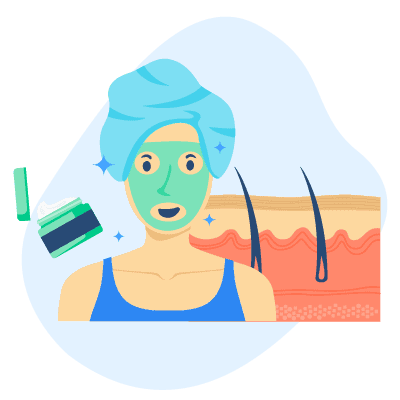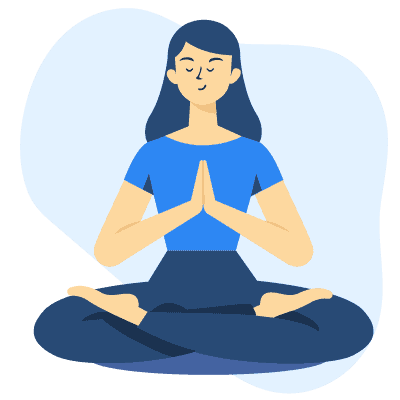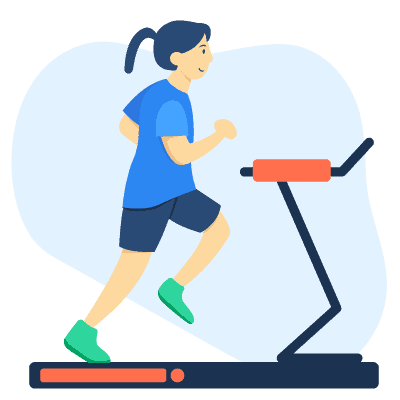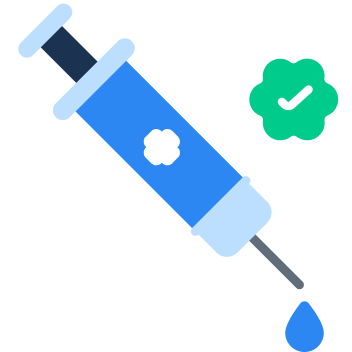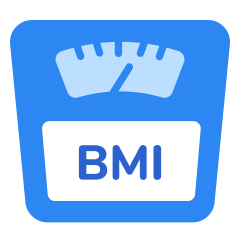Belavý, D. L., Quittner, M. J., Ridgers, N., Ling, Y., Connell, D., & Rantalainen, T. (2017). Running exercise strengthens the intervertebral disc. Scientific reports, 7, 45975. https://doi.org/10.1038/srep45975
Fairbrother, K., Cartner, B., Alley, J. R., Curry, C. D., Dickinson, D. L., Morris, D. M., & Collier, S. R. (2014). Effects of exercise timing on sleep architecture and nocturnal blood pressure in prehypertensives. Vascular health and risk management, 10, 691–698. https://doi.org/10.2147/VHRM.S73688
Guiney, H., & Machado, L. (2013). Benefits of regular aerobic exercise for executive functioning in healthy populations. Psychonomic bulletin & review, 20(1), 73–86. https://doi.org/10.3758/s13423-012-0345-4
Kalak, N., Gerber, M., Kirov, R., Mikoteit, T., Yordanova, J., Pühse, U., Holsboer-Trachsler, E., & Brand, S. (2012). Daily morning running for 3 weeks improved sleep and psychological functioning in healthy adolescents compared with controls. The Journal of adolescent health : official publication of the Society for Adolescent Medicine, 51(6), 615–622. https://doi.org/10.1016/j.jadohealth.2012.02.020
Lin, X., Zhang, X., Guo, J., Roberts, C. K., McKenzie, S., Wu, W. C., Liu, S., & Song, Y. (2015). Effects of Exercise Training on Cardiorespiratory Fitness and Biomarkers of Cardiometabolic Health: A Systematic Review and Meta-Analysis of Randomized Controlled Trials. Journal of the American Heart Association, 4(7), e002014. https://doi.org/10.1161/JAHA.115.002014
McMullen, C. W., Harrast, M. A., & Baggish, A. L. (2018). Optimal Running Dose and Cardiovascular Risk. Current sports medicine reports, 17(6), 192–198. https://doi.org/10.1249/JSR.0000000000000491
Miller, R. M., Marriott, D., Trotter, J., Hammond, T., Lyman, D., Call, T., Walker, B., Christensen, N., Haynie, D., Badura, Z., Homan, M., & Edwards, J. G. (2018). Running exercise mitigates the negative consequences of chronic stress on dorsal hippocampal long-term potentiation in male mice. Neurobiology of learning and memory, 149, 28–38. https://doi.org/10.1016/j.nlm.2018.01.008
Pedisic, Z., Shrestha, N., Kovalchik, S., Stamatakis, E., Liangruenrom, N., Grgic, J., Titze, S., Biddle, S. J., Bauman, A. E., & Oja, P. (2020). Is running associated with a lower risk of all-cause, cardiovascular and cancer mortality, and is the more the better? A systematic review and meta-analysis. British journal of sports medicine, 54(15), 898–905. https://doi.org/10.1136/bjsports-2018-100493
Rahman, M. S., Zhao, X., Liu, J. J., Torres, E. Q., Tibert, B., Kumar, P., Kaldo, V., Lindefors, N., Forsell, Y., & Lavebratt, C. (2019). Exercise Reduces Salivary Morning Cortisol Levels in Patients with Depression. Molecular neuropsychiatry, 4(4), 196–203. https://doi.org/10.1159/000494699
Schnohr, P., O’Keefe, J. H., Marott, J. L., Lange, P., & Jensen, G. B. (2015). Dose of jogging and long-term mortality: the Copenhagen City Heart Study. Journal of the American College of Cardiology, 65(5), 411–419. https://doi.org/10.1016/j.jacc.2014.11.023
Exercise and stress: Get moving to manage stress – Stress management. (2020). Mayo Clinic. Retrieved May 11, 2022 from, https://www.mayoclinic.org/healthy-lifestyle/stress-management/in-depth/exercise-and-stress/art-20044469
Running and jogging – health benefits. BetterHealth Channel Victoria Government Australia. Retrieved May 11, 2022 from, https://www.betterhealth.vic.gov.au/health/healthyliving/running-and-jogging-health-benefits







